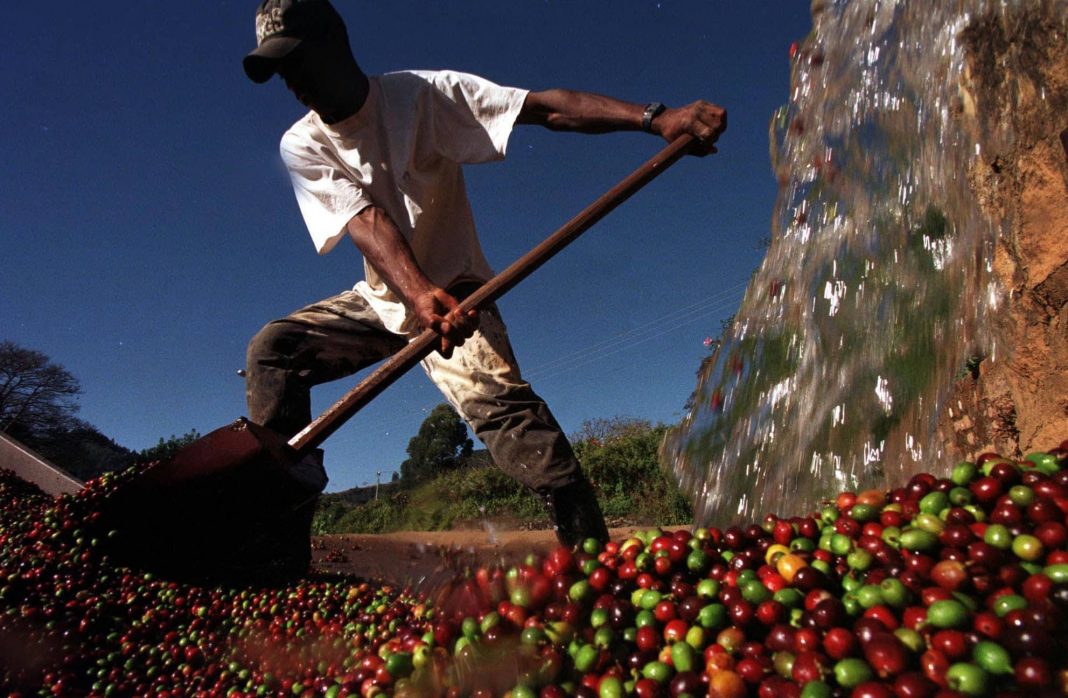Temperatures have fallen in swathes of Brazil – with rare snowfall in some places – as a polar air mass advanced toward the country’s centre-south to threaten coffee, sugarcane and orange crops with frosts.
Unusually cold weather in Brazil has already sent international prices for coffee and sugar higher and Friday was forecast to be the coldest day of the year, according to Marco Antonio dos Santos, a partner at weather consultancy firm Rural Clima.
In a report on Thursday, dos Santos said the south of Goiás and the south of Mato Grosso do Sul, states where farmers grow crops like corn, would face cold temperatures on Friday as the wave of cold air marched northwards.
“With the polar air mass strengthening, it is getting even colder in most of the agricultural producing regions of centre-south Brazil,” Santos said.
“As such, the chances of frosts in coffee, sugarcane and orange areas increased dramatically.”
In Brazil’s southernmost state of Rio Grande do Sul, the cold wave has brought snow and cold rains to at least 13 cities on Wednesday.
Local television images showed tourists and locals taking photos and playing in the snow in the town of Sao Francisco de Paula as temperatures fell below zero.
The extreme weather sparked concerns in global markets of a weak harvest in Brazil, which is a major exporter of agricultural commodities.
Raw sugar futures on ICE hit a five month high on Thursday as investors continued pricing in the effects of the cold front in the world’s largest producer.
Indian traders for the first time have signed sugar export contracts five months ahead of shipments as a likely drop in Brazil’s production prompted buyers to secure supplies in advance.
Arabica coffee prices touched a nearly seven-year high earlier this week as the unusual cold weather affected the crop in Brazil, the world’s top producer, with companies poised to pass on higher costs to consumers.
Preliminary estimates from the Brazilian government indicated last week’s frosts alone had affected 150,000 to 200,000 hectares, about 11 per cent of the country’s total arabica crop area.
AAP
For more news:
- Dickson residents frustrated by lack of communication over carpark closure
- Fox says she understands Biles’ pressure
- ADF deploys in west Sydney lockdown zones
- Japan fears overload as coronavirus surges
Get all the latest Canberra news, sport, entertainment, lifestyle, competitions and more delivered straight to your inbox with the Canberra Daily Daily Newsletter. Sign up here.



